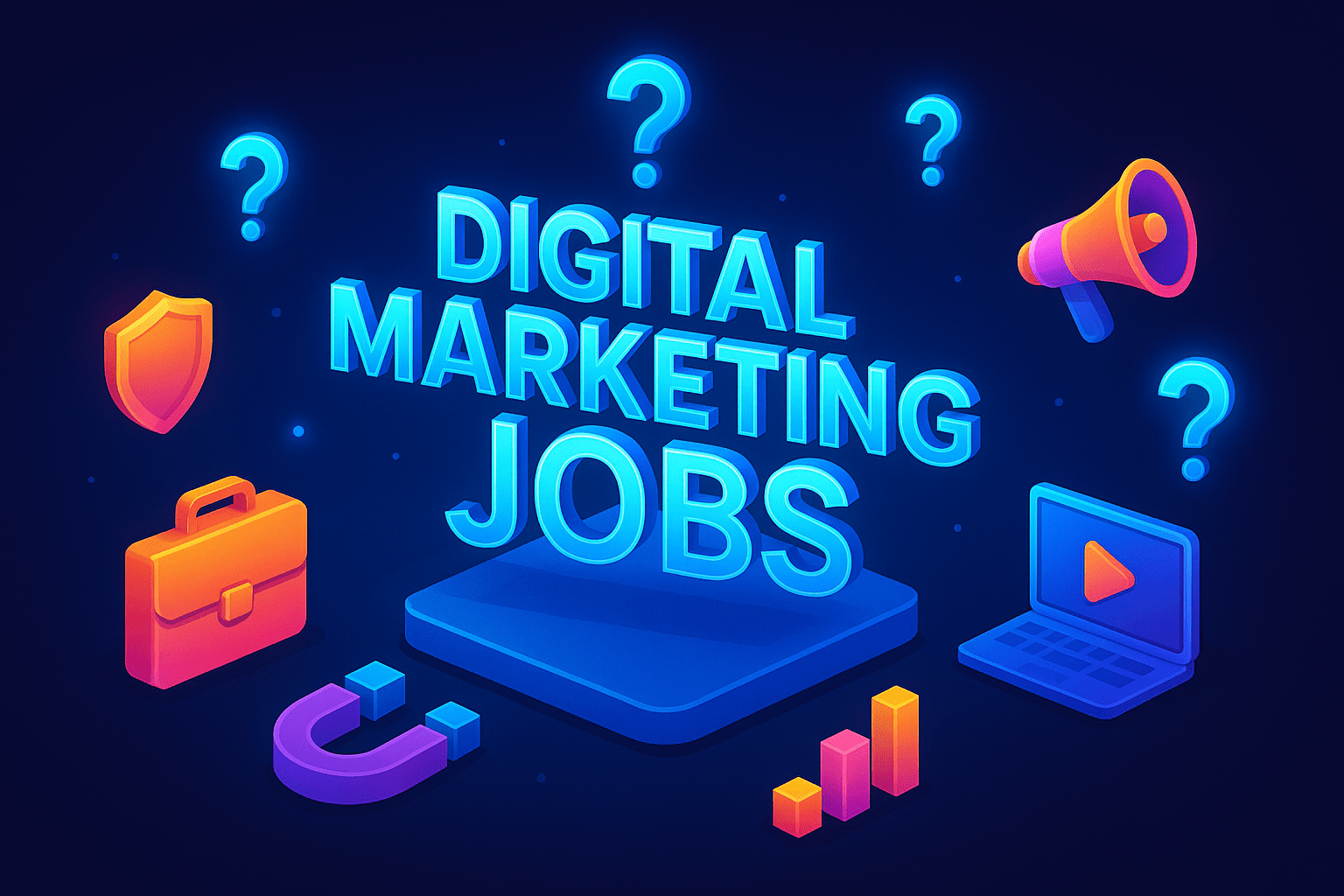Top 10 SEO Interview Questions for Freshers
Dreaming of landing your first job in digital marketing? Start by acing the SEO interview. In today’s fiercely competitive job market, simply knowing definitions won’t cut it. Interviewers are looking for candidates who not only understand SEO concepts but can also apply them with confidence.
With companies increasingly relying on organic search to drive growth, Search Engine Optimization (SEO) has become one of the most in-demand digital skills. If you’re a fresher preparing for an SEO interview, you’ve come to the right place. In this blog post, we’ll break down the Top 10 SEO interview questions for freshers, complete with smart answers, insider tips, and real-world examples to help you stand out from the crowd.
1. What is SEO and why is it important?
Expected Answer: SEO is the process of optimizing your website and its content to rank higher on search engines like Google. It helps drive organic (unpaid) traffic, improve visibility, and ultimately boost business revenue.
Pro Tip: Don’t just define SEO. Mention how it differs from paid search and why organic results are more trusted by users.
“SEO isn’t just about rankings—it’s about user intent, trust-building, and long-term brand equity.”
2. What is the difference between On-Page and Off-Page SEO?
| Feature | On-Page SEO | Off-Page SEO |
|---|---|---|
| Focus Area | Website elements | External promotion |
| Examples | Meta tags, headers, content, images | Backlinks, social shares, influencer reach |
| Tools | Yoast SEO, Screaming Frog | Ahrefs, SEMrush, Moz |
Pro Tip: Use examples from real websites you’ve analyzed. This demonstrates practical understanding.
3. What are keywords and how do you choose them?
Expected Answer: Keywords are the terms users type into search engines. Effective SEO starts with thorough keyword research to match user queries with relevant content.
Fresh Perspective:
-
Mention search intent—informational, navigational, transactional.
-
Use tools like Google Keyword Planner, Ubersuggest, or Answer the Public.
“It’s not about ranking for any keyword, but for the right keyword that converts.”
4. What are backlinks, and why are they important?
Expected Answer: Backlinks are links from other websites to yours. They act as a vote of confidence, helping improve authority and rankings.
Expert Insight:
-
Not all backlinks are equal. Focus on quality over quantity.
-
Share your experience with guest blogging or broken link building, if any.
5. What is the role of technical SEO?
Expected Answer: Technical SEO ensures a website is crawlable, indexable, and loads efficiently. It includes elements like XML sitemaps, mobile-friendliness, HTTPS, and page speed.
Smart Tip: Use tools like Google PageSpeed Insights or Screaming Frog to perform basic audits.
Check Our Latest Jobs
Junior Graphic Designer (Web)
FeaturedFinance Manager & Health
FeaturedGeneral Ledger Accountant
Featured6. How does Google decide which page to rank first?
Expected Answer: Google uses over 200 ranking factors, including content quality, backlinks, user experience, mobile optimization, and page speed.
Personal Perspective:
-
Reference the E-E-A-T principle: Experience, Expertise, Authoritativeness, and Trustworthiness.
7. What are meta tags and why do they matter?
Expected Answer: Meta tags are HTML elements like title tags and meta descriptions that help search engines understand page content and improve click-through rates (CTR).
Pro Tip:
-
Show an example of a well-crafted meta title and description.
-
Mention that meta descriptions don’t directly influence rankings, but affect CTR.
8. What is the difference between a dofollow and nofollow link?
| Link Type | Definition | Impact on SEO |
| Dofollow | Passes link equity (ranking power) | Helps improve domain authority |
| Nofollow | Tells search engines not to follow or pass link juice | No direct SEO value (usually) |
Quick Tip: Know how to identify these in HTML: <a href="url" rel="nofollow">Link</a>
9. What tools have you used for SEO?
Expected Answer: Familiarity with tools shows hands-on experience. Mention free and paid tools:
-
Google Analytics (traffic data)
-
Google Search Console (site performance)
-
Yoast SEO (WordPress plugin)
-
Ubersuggest, Ahrefs, or SEMrush (for keyword and backlink research)
Fresh Tip:
-
Talk about a time when you used one of these tools to identify and fix a website issue.
10. How do you measure the success of an SEO campaign?
Expected Answer:
-
Organic traffic growth
-
Keyword ranking improvements
-
CTR (Click-Through Rate)
-
Bounce rate and dwell time
-
Conversion rates
Pro Tip: Always tie SEO metrics to business goals, like leads or sales.
Final Thoughts: Preparing for Your SEO Interview as a Fresher
Here’s the truth—most freshers will prepare these questions, but few will prepare the answers strategically. If you want to crack that interview, go beyond rote learning:
-
Practice real audits: Pick a website and analyze it.
-
Stay updated: Follow industry leaders like Search Engine Journal and Moz Blog.
-
Build a mini SEO project: Even optimizing your personal blog or LinkedIn profile can showcase initiative.
Ready to Ace Your SEO Interview?
Which question did you find most helpful? Have you faced any tricky SEO interview questions? Share your experience in the comments below or explore our other resources on cracking digital marketing interviews!
Checkout Our Latest Blogs
How to Get Your Next Job With AI in 2025













